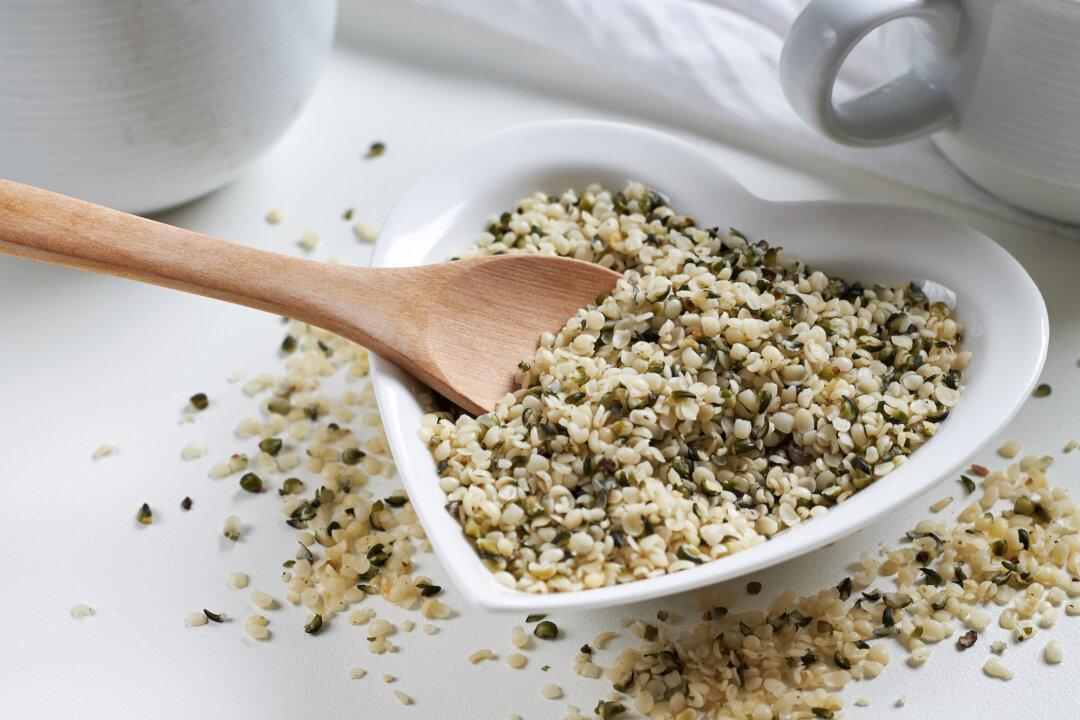Heart disease, which claims over 655,000 lives every year in the United States, is the number one killer in the nation and the leading cause of death worldwide. While multiple factors contribute to heart disease, natural health experts and forward-thinking dietitians have long suspected that heavy consumption of refined grains plays a role.

By malinkaphoto/shutterstock
|Updated:




